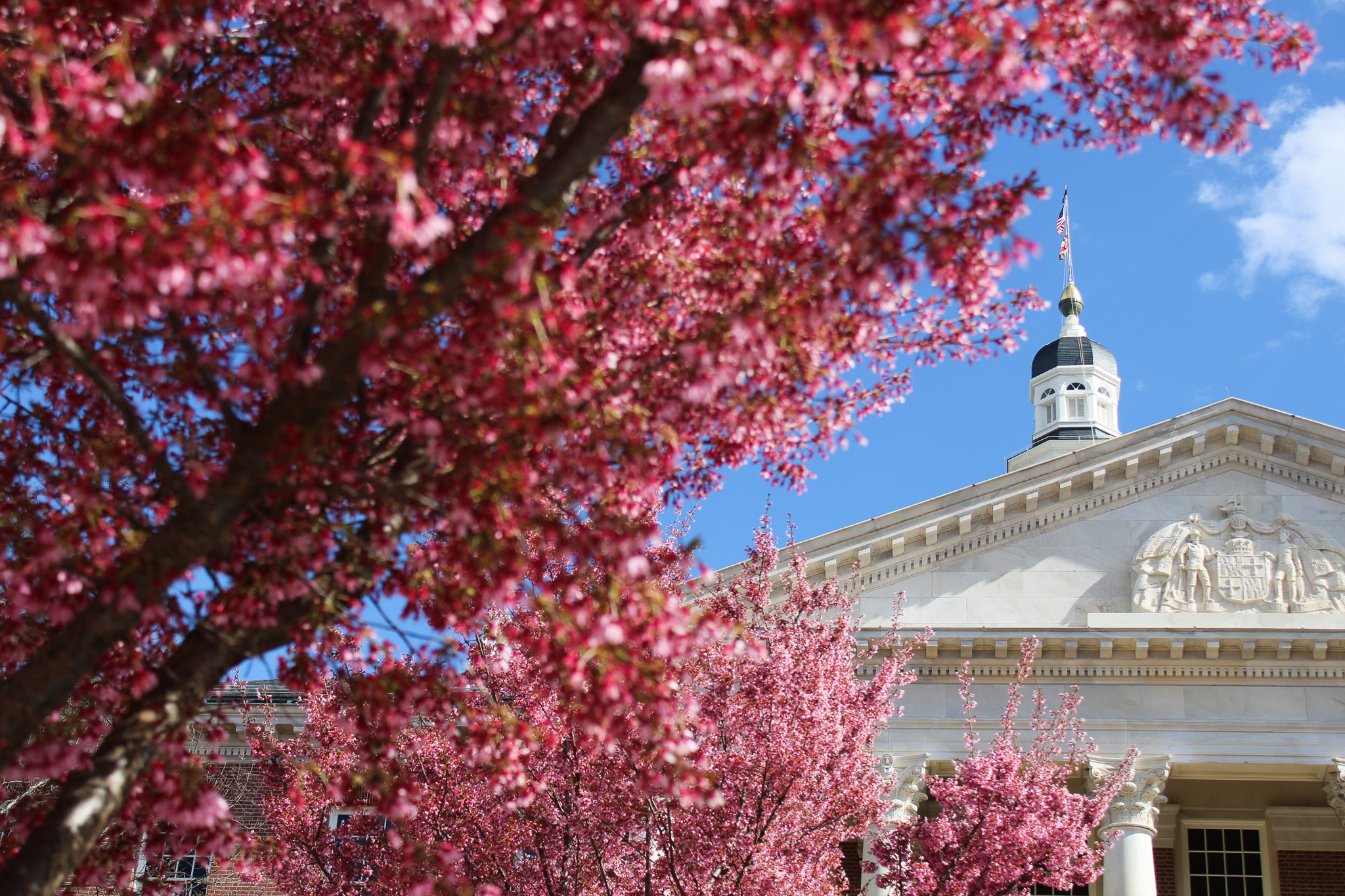ANNAPOLIS – Both chambers of the Maryland General Assembly have passed their versions of a new state budget for the next fiscal year, setting the stage for a potential agreement in the coming days.
During months of negotiations, lawmakers have tried to balance protecting key services like healthcare and education while responding to fiscal hardship and shifting factors at the federal level. Through a combination of spending cuts and tax hikes, officials now appear on track to pass something before the scheduled end of session on Monday.
Senate Vice Chair of the Budget and Taxation Committee Jim Rosapepe, a Democrat representing Prince George’s and Anne Arundel Counties, defended the Democratic spending plan.
“It shows that we’re not rolling over. We’re not rolling over for the attacks on Maryland,” Rosapape said. “We’re protecting health care, we’re protecting education, we’re protecting public safety, we’re protecting transportation … We’re making the tax system more fair.”
But Senate Minority Leader Stephen Hershey Jr., a Republican representing Caroline, Cecil, Kent and Queen Anne’s Counties, criticized the tax hikes on higher earners and blamed Maryland’s dependence on government employment and funding.
“People that do well aren’t just born well. They’re not just doing well because I have a certain job. People that do well, do well because they work hard,” he said. “And the governor’s saying, well, you’re fortunate, so we’re going to tax you a little bit more.”
The state was facing a $3 billion deficit when the budget process began in January, a gap that grew as President Donald Trump’s federal budget cuts and workforce reductions started to affect Maryland. Since then, debates have arisen over some of the key actions that would make this deficit smaller.
One option is tax increases, including a proposed hike in income tax rates on individual earnings. Specifically, rates for those earning above $500,000 could increase by up to .75%. These proposed increases are expected to help close the state’s budget gap.
Senate President Bill Ferguson, a Democrat representing Baltimore City, stressed the urgency of making difficult decisions.
“At the end of the day, unlike the federal government, the state of Maryland must balance its budget,” Ferguson said. “We don’t have the luxury of printing our own money and pushing problems down the line. We have to make hard choices to get through this year to balance the budget.”
After Trump announced new tariffs for imported vehicles and auto parts, the Senate moved to trim back the tax increase Democratic officials had been weighing for vehicles.
But they didn’t propose doing away with the hike, and some lawmakers are voicing concern over the long-term effects of new taxes on Maryland businesses. The budget includes a 3% sales tax on data and IT services – an area critics say is crucial for economic growth.
Sen. Justin Ready, a Republican representing Carroll and Frederick County, criticized the approach and said it would cause businesses and information tech professionals to leave the state.
“We still have the largest combined tax increase in the history of the state, including a new tax on computer and IT services, which is the very industry we’re trying to get more of in the state,” Ready said. “There’s an income tax increase on the so-called high earners, and yeah, they are high earners, but they also are incredibly mobile that we’ve seen in our state’s history. It doesn’t take much for folks to just transport themselves when they’re making several $100,000 or over a million dollars a year.”
Despite criticism, Democratic lawmakers defended the tax increases as essential for Maryland’s long-term stability. Senate Budget and Taxation Chair Guy Guzzone, a Democrat from Howard County, said the focus must remain on lasting investments.
“We can’t do everything government can’t, but we need to do what we can do to make this state a better place,” Guzzone said. “Healthcare matters. Education matters. Those things matter, and we are sending the message that they continue to matter.”
The House and Senate hope to finalize a compromise and send the budget to the governor by the end of the week.

